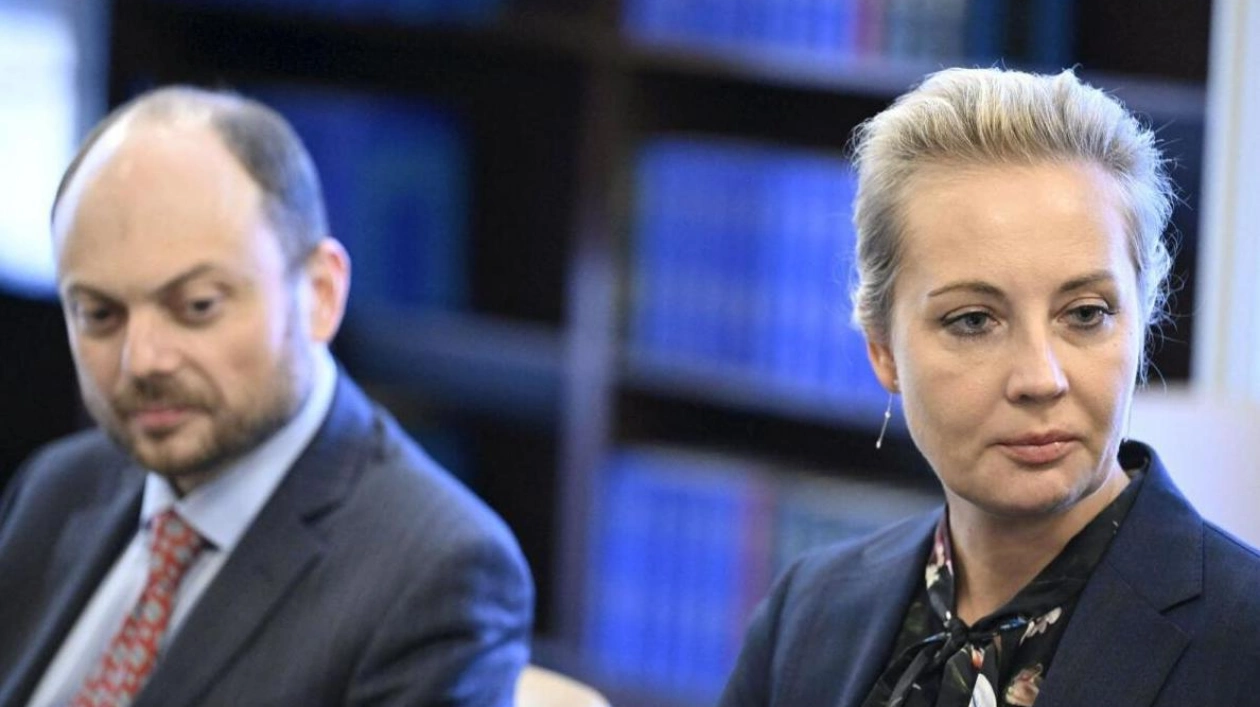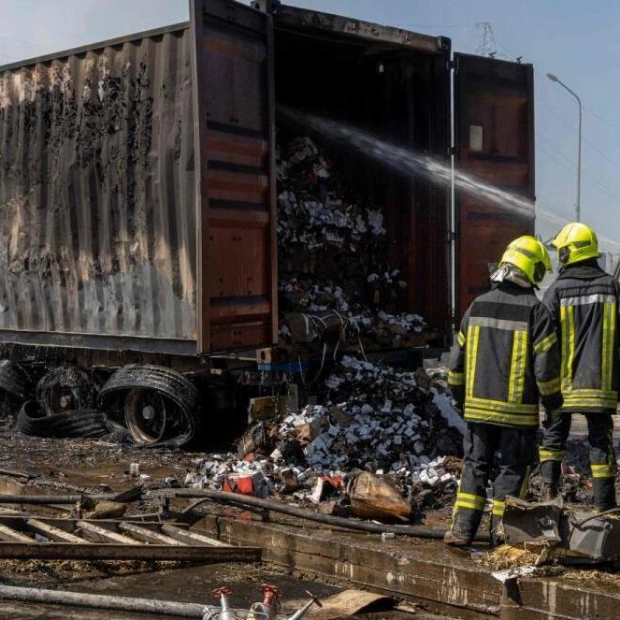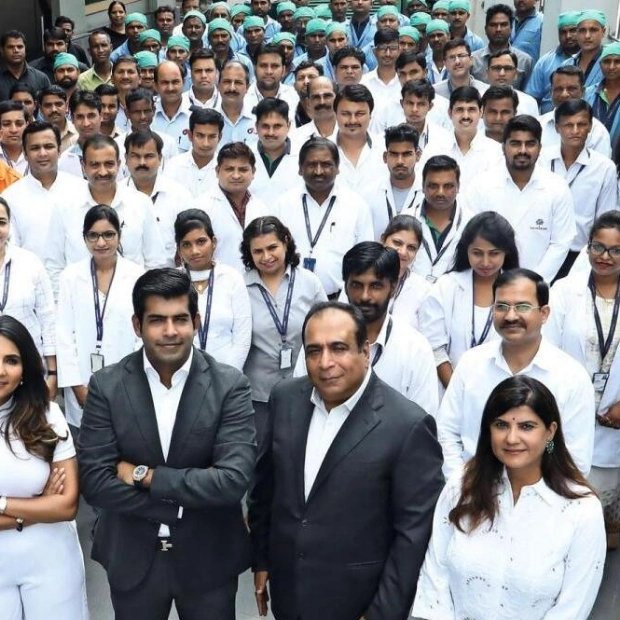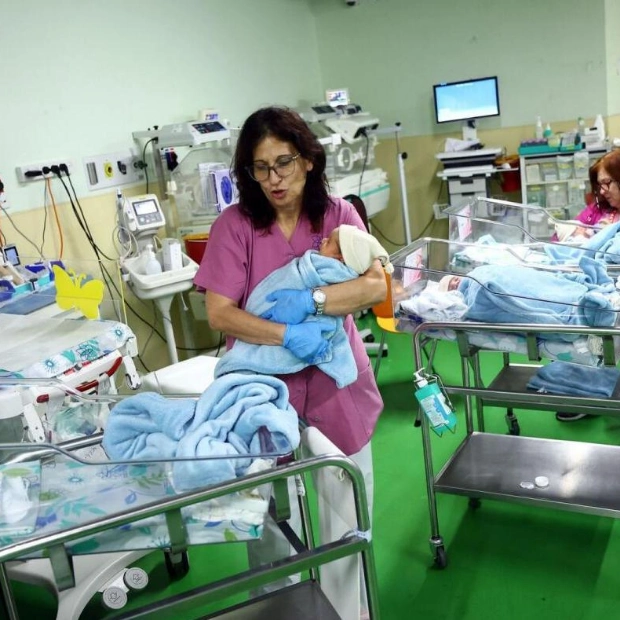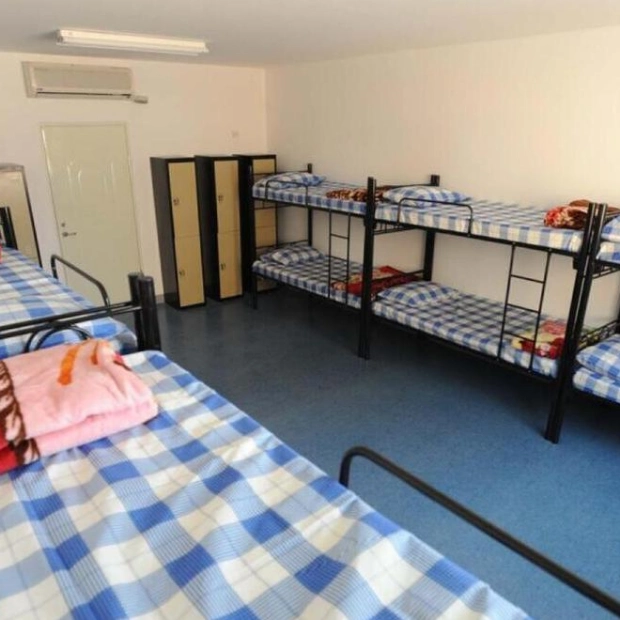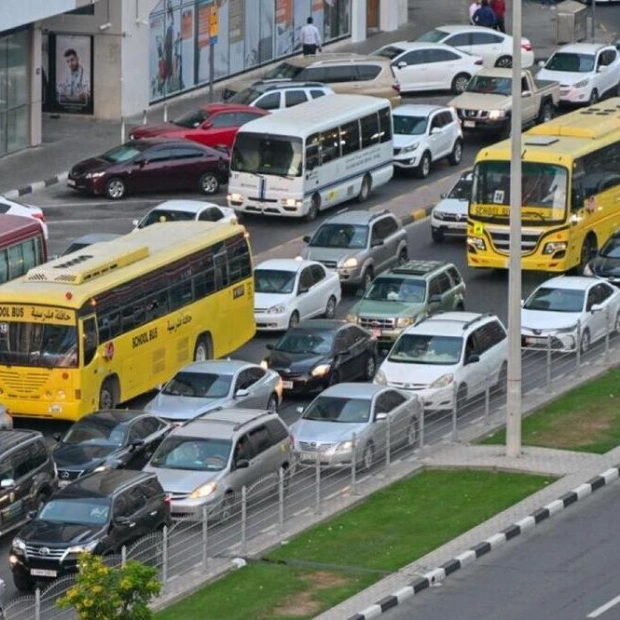Russian journalist and activist Vladimir Kara-Murza and Yulia Navalnaya, the widow of the late Russian opposition figure Alexei Navalny, attend a press conference in Helsinki, Finland, on September 6, 2024. — Reuters File
Russia's opposition is set to hold a significant anti-war, anti-Kremlin demonstration in Berlin this weekend, marking a crucial test for a movement forced into exile by war and repression, and beset by internal conflicts. Unable to protest on home soil, key opposition leaders hope the rally in the German capital will invigorate and unite the scattered forces opposing President Vladimir Putin, nearly three years after his invasion of Ukraine and the subsequent crackdown on dissent within Russia. This rally is the first organized by three prominent opposition figures — Yulia Navalnaya, Ilya Yashin, and Vladimir Kara-Murza — and takes place at a pivotal moment for the movement.
The mysterious death of Alexei Navalny in an Arctic prison in February left the anti-Putin campaigners without their most visible leader. The subsequent release of Yashin and Kara-Murza, who were serving lengthy sentences for criticizing the Ukraine offensive, in a prisoner swap six months later provided a glimmer of hope for revitalization. However, many supporters are disheartened by Putin's entrenched power, as he escalates repression and intensifies the invasion. There is also criticism from Ukrainians who feel the Russian opposition has been ambiguous about the invasion and could do more to pressure Putin. The opposition has even faced accusations of violent infighting between rival factions.
Navalnaya, Navalny's widow, stated that the rally aims to demonstrate that many Russians oppose Putin and the war. A strong turnout would signify the existence of a non-militaristic, free Russia. Yet, in an interview with the exiled Russian TV station Dozhd, she admitted there is no clear plan among the opposition on how to end Putin's 24-year rule. Yashin, a former Moscow city councillor, outlined the opposition's three main demands: the withdrawal of Russian troops from Ukraine, the trial of Vladimir Putin as a war criminal, and the release of all political prisoners. The Kremlin dismissed the group as 'monstrously detached from their country.' Russia has labeled those opposing its 'special military operation' in Ukraine as traitors.
Since the invasion, Russia has created a climate of fear that critics say silences Russians. Harsh censorship laws impose decade-long prison sentences for criticizing the campaign, while major independent news outlets have been outlawed and their websites blocked. Operating from abroad, the opposition hopes that tens of thousands of Russians who have also fled since 2022 will join the Berlin protest on Sunday. Berlin has become a refuge for Russians escaping persecution. Yashin aims to mobilize them around an 'anti-war and anti-Putin' message to inspire compatriots back home. Political scientist Abbas Gallyamov believes the opposition's current role is to demonstrate that Russians oppose the war and Putin.
For many, the march's goals are more about reconciliation after months of bitter infighting. In September, Navalny's associates accused an opposition faction backed by former oligarch Mikhail Khodorkovsky of orchestrating a hammer attack on a key associate. Last month, another prominent figure, Maxim Katz, accused Navalny's Anti-Corruption Foundation of aiding two bankers accused of stealing millions to enhance their reputations in the West. These scandals highlight the opposition's divisions in exile. Kara-Murza emphasized the importance of showing unity among different forces of the Russian anti-war movement.
However, questions remain about what the 'Russian anti-war movement' truly stands for. While unequivocal in opposing Putin and condemning the invasion, some opposition figures are more cautious about issues like military support to Kyiv or whether they want Ukraine to win on the battlefield. Navalnaya expressed support for 'the defeat of Vladimir Putin' but not 'the defeat of my country.' Ahead of the march, Yashin had to address disputes among supporters over which flags to bring—Russian, Ukrainian, both, or neither. He urged focusing on solidarity with political prisoners, rejecting aggressive war, and resisting Putin's policies, rather than flags.
Source link: https://www.khaleejtimes.com
